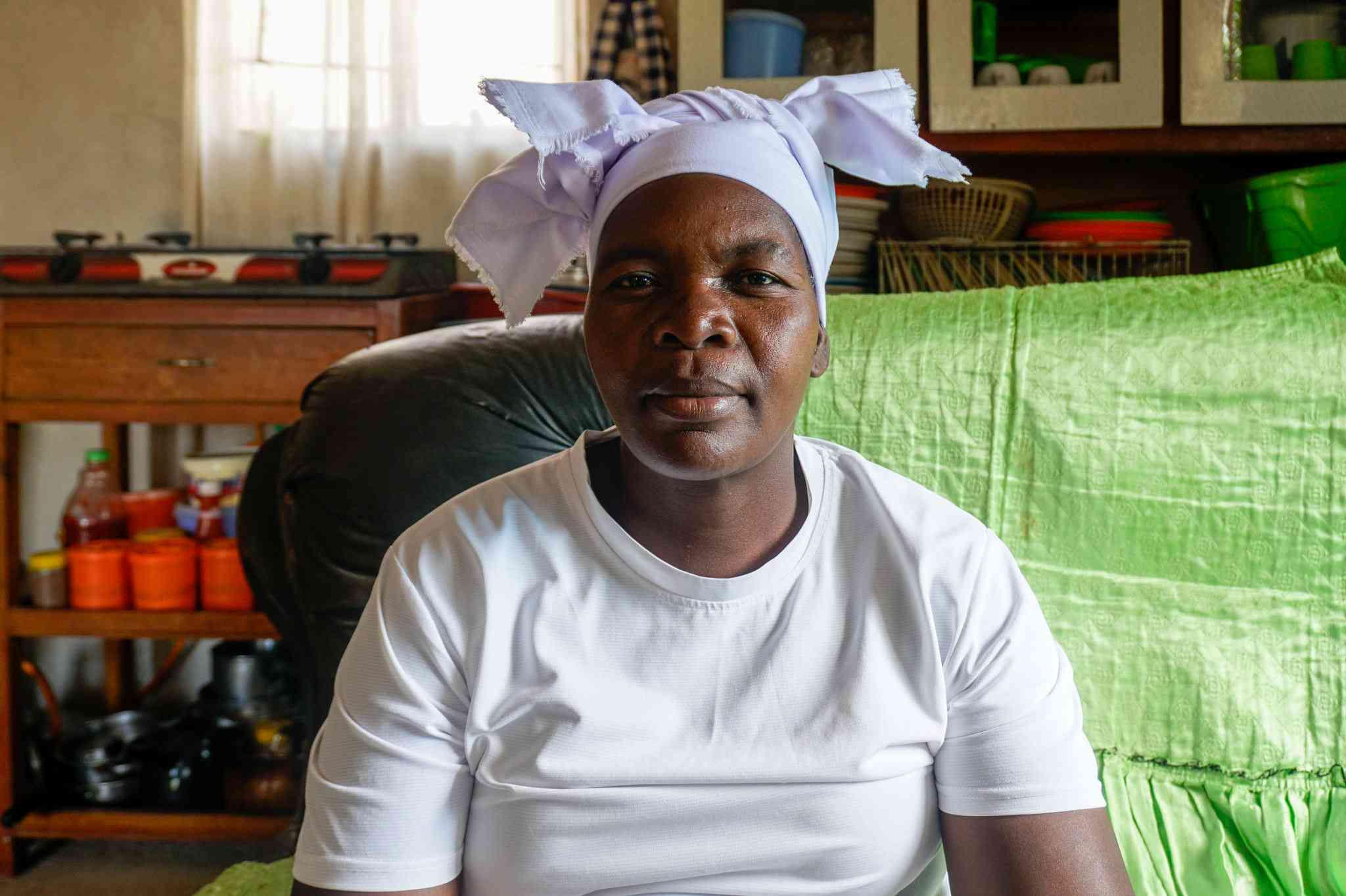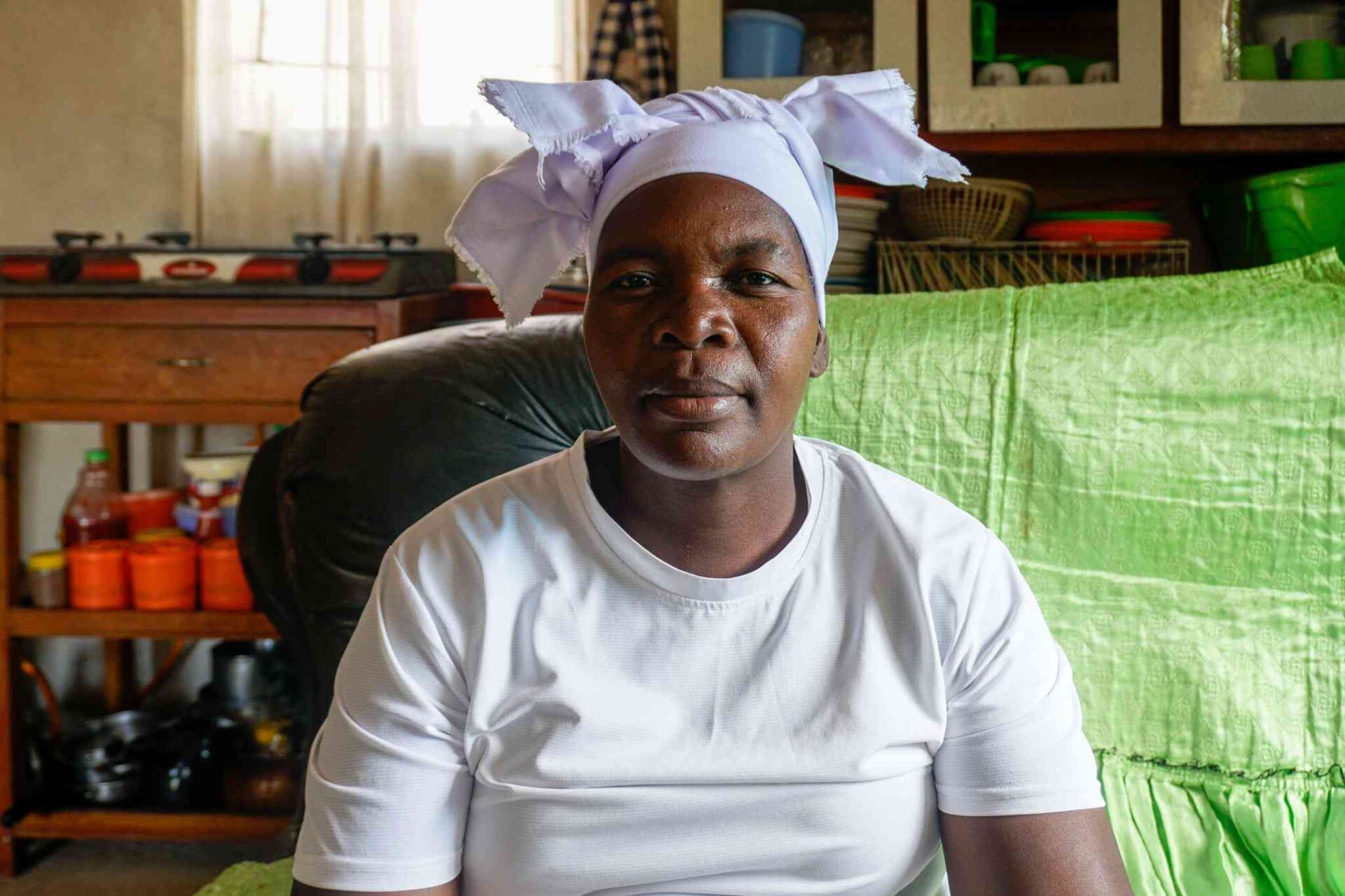
In the sprawling outskirts of Harare, where dusty footpaths snake between makeshift homes of corrugated iron and plastic sheeting, thousands of Zimbabweans are settling into land they do not legally own, with the quiet blessing of the ruling party, ZANU-PF.
They have no title deeds. No piped water. No electricity. But many say they have something more valuable: a promise from the party that gave them a plot of land in exchange for their vote.
As Zimbabwe edges toward yet another election season, a familiar pattern is emerging one that opposition leaders and civil society groups say undermines the very foundations of democracy. The government, through a network of ruling party officials and affiliated land barons, is distributing land to the poor and desperate, particularly in urban and peri-urban areas where opposition support is strongest
But this is not land reform as it was once known. This is political calculus.
The scheme, often dubbed land-for-votes, involves informal settlement on state or municipal land, orchestrated with the tacit or explicit approval of ZANU-PF. Beneficiaries are told that their continued occupation depends on the party staying in power. In many cases, they are organized into housing cooperatives aligned with ZANU-PF, which then serve as tools for mobilizing voters and suppressing dissent.
These people know their stay is not guaranteed, says Tendai Biti, a prominent opposition leader with the Citizens Coalition for Change (CCC). So, they vote with fear, not freedom. It’s coercion disguised as empowerment.
One such settlement, Hopley Farm on the southern edge of Harare, has ballooned into a mini-city of over 100,000 people since it was established in the mid-2000s. Originally settled by people displaced during Operation Murambatsvina an infamous government campaign that razed informal homes the area has become a political stronghold for ZANU-PF.
ZANU-PF’s traditional support has always been strongest in rural areas. But after losing major urban centers to the opposition in the early 2000s, the party adapted. Instead of trying to win over urban voters, it sought to change the demographic and political makeup of cities themselves.
Urban land became the new battlefield, says researcher Rudo Gaidzanwa, who has studied land politics in Zimbabwe for two decades. It wasn’t just about land; it was about control.
The Ministry of Local Government and the Zimbabwe National Housing and Social Amenities Authority (ZINARA) have often looked the other way as informal settlements expanded. In some cases, government-linked developers parcel out land with no formal infrastructure no sewer lines, roads, or power grids knowing that recipients will be grateful, loyal, and beholden.
While ZANU-PF has framed the scheme as a form of grassroots empowerment, critics point to the devastating social consequences. Many settlements lack basic services, turning into hotspots for disease, crime, and poverty. Without title deeds, residents cannot borrow against their homes or secure their property legally.
They say they’ve given us land, but what kind of land is this? asks Martha M., a single mother of three living in Caledonia, another sprawling informal settlement east of Harare. We are just squatters with permission.
Martha says she was given her plot by a local ZANU-PF official in 2018 after attending a party rally. She still has no running water, and her children walk nearly an hour to the nearest school.
The opposition has repeatedly called for reforms to land allocation, demanding transparency, legal title, and an end to politicized housing schemes. But for ZANU-PF, the system is workingas a political machine, if not as a sustainable urban policy.
In the 2023 elections, ZANU-PF won key peri-urban constituencies it had lost a decade earlier, thanks in part to new settlements populated by politically-aligned residents. Housing cooperatives are now being formed ahead of 2028, signaling a continuation of the same strategy.
For residents like Martha, the stakes are clear
If we don’t vote for them, maybe they take the land back, she says, staring at the unpaved road winding through her neighborhood. We have no choice.
Zimbabwe’s ruling party has long mastered the art of political survival. Its land-for-votes scheme is not merely a tactic it is a long-term strategy, reshaping urban landscapes and tightening its grip on the electorate. As long as land remains both a dream and a weapon, the line between empowerment and exploitation will remain dangerously thin.


